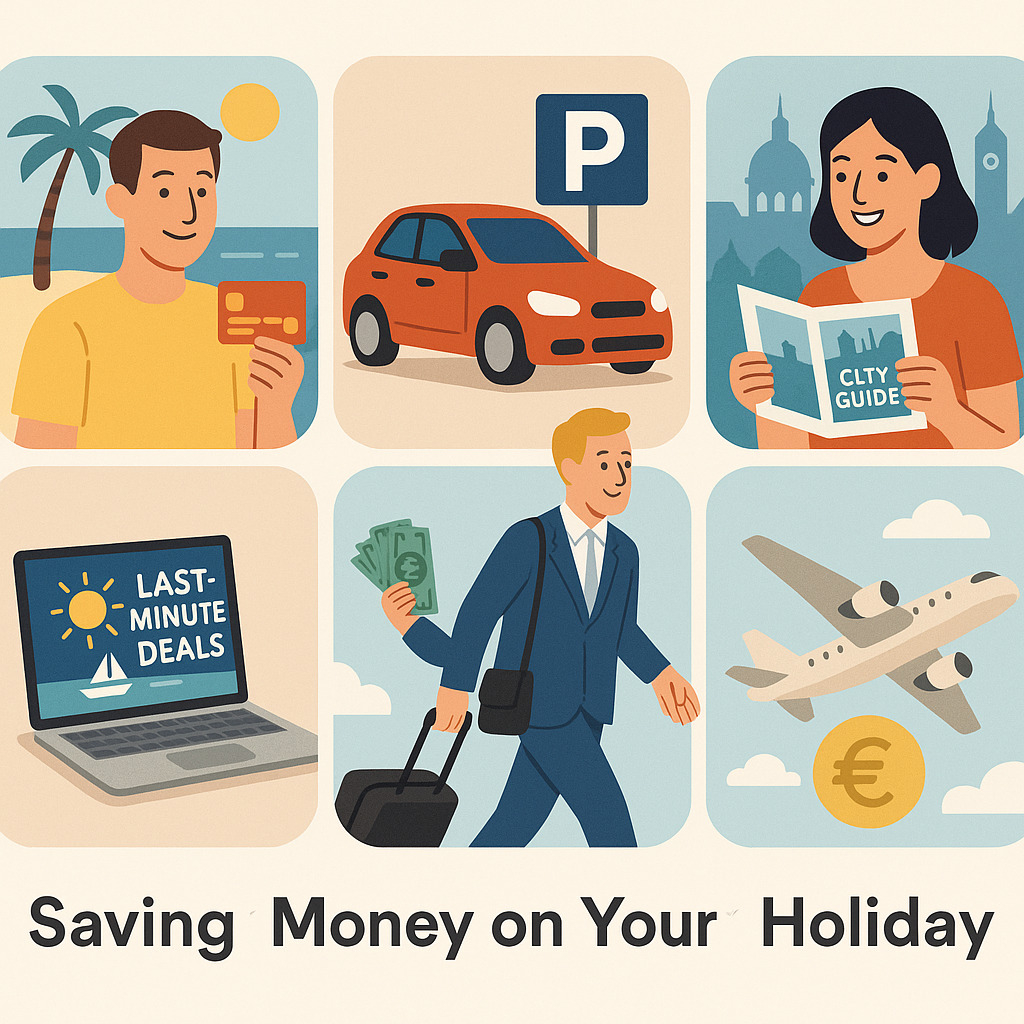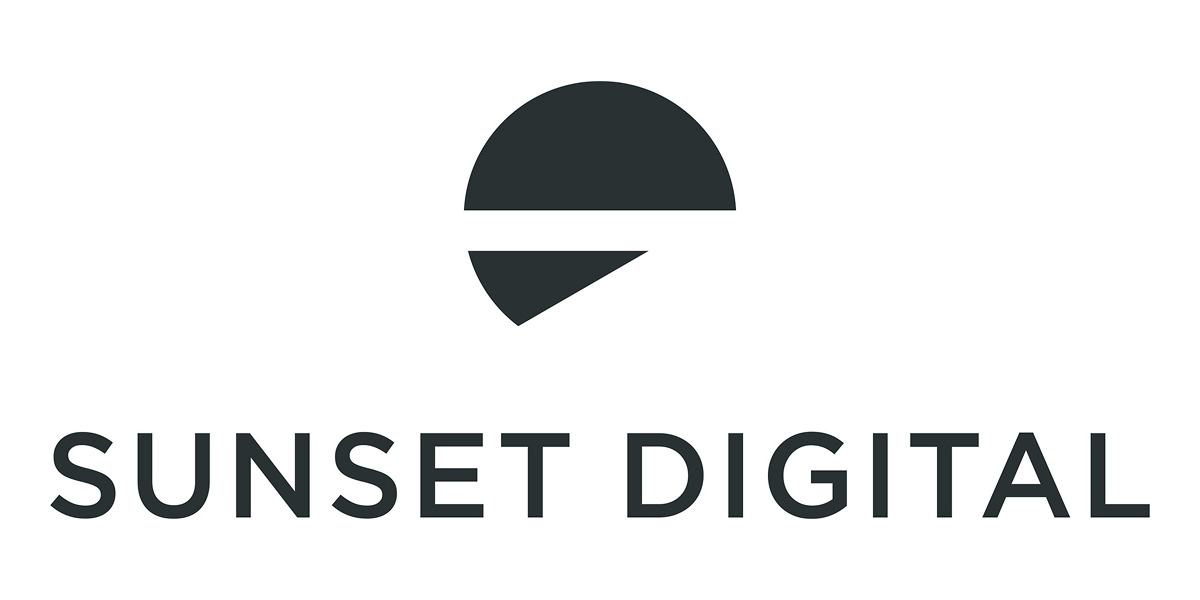Whether it’s a weekend city break or a long-haul getaway, digital tools can help you save hundreds—even at the last minute. Five renowned comparison and service platforms share their best money-saving hacks for travelers.
Kreditkarte.net: “0% FX Fees & Travel Cashback”
The editors at Kreditkarte.net reviewed 26 travel and cashback credit cards. For fee-free spending abroad, they recommend cards like the TF Bank Mastercard Gold (no annual fee, 0% foreign transaction fees). ATM withdrawals are also free of charge—though interest starts accruing immediately, so this option is best suited for shorter trips.
Extra tip: Always repay your credit card balance in full once you’re back home.
Example: Lisa books her trips through the bank’s partner network and earns up to €100 cashback on €2,000 in travel expenses. Plus, her card includes baggage insurance.
Parkplatzvergleich.de: “Park Cheap, Not at Terminal Rates”
Travelers can book airport parking from €51 for 8 days at Frankfurt Airport—just €6.73/day, far below the cost of terminal-adjacent spaces.
“Many operators offer secure parking just outside the city and include shuttle service in the price. It’s a low-cost, safe solution for your car while you travel,” says Nils Ravenhorst of parkplatzvergleich.de.
Example – the Becker family: 8 days of parking for €51 instead of €163.80 – a savings of nearly €102.
(Price check: July 14–21, 2025 – Parkport vs. Parking Garage P2 or P3 at Frankfurt Airport)
How-to-Germany.com: “Free Culture & Expat Insider Tips”
The expat portal How-to-Germany.com highlights in its current Cost-of-Living Guide that many German cities offer year-round free cultural activities. Berlin alone boasts over 30 permanently free museums, including Futurium, the German Dome, and the Allied Museum. While the national “Museum Sunday” initiative ended in December 2024, travelers can still enjoy serious savings thanks to free-entry museums and complimentary city tours.
Example – “Marco from Madrid”: Ten free attractions in Berlin and Hamburg save him around €80 in admission fees—money he can put toward other travel experiences.
Mein-Deal.com: “Last-Minute Deals & City Steals”
Bargain hunters love Mein-Deal.com for its daily travel flash deals, offering great getaways on a budget. Last-minute travelers might find a mini-cruise to Sweden (car included) for €99 or a weekend in Hamburg at a 4-star hotel for €54.50. Those who act fast can often save 50–70% off regular prices.
Example – Prague getaway: €49 per person including hotel, versus the regular €169 – a 70% discount.
Myflyright.com: “Flight Delays Can Boost Your Travel Budget”
Legal tech firm MYFLYRIGHT helps travelers claim €250–€600 in compensation for delays of 3+ hours under EU Regulation 261/2004—with no risk to passengers.
Example – business traveler Jan: A six-hour delay earns him €400—enough to cover two nights in a hotel.
Looking Ahead to 2026 – Three Travel-Saving Trends
Travel is becoming more digital—and with that, more price-sensitive. As booking platforms use AI to adjust rates in real time based on demand, weather, and competition, smart travel bots will increasingly act as personal budget co-pilots, finding optimal routes and hotel deals. Meanwhile, insurers are unbundling their products into flexible modules, letting travelers pay only for the risks they actually want to cover.
- Dynamic pricing algorithms: 55% of hotel chains already use AI-powered pricing; deal windows are getting even shorter.
- AI budget assistants: By 2026, 40% of business trips are expected to be fully booked via smart bots.
- Modular travel insurance: Flexible coverage options can cut costs by up to 30%, as travelers pick only what they need.
Media Contact
Rainer Brosy
rb@sunset-digital.com


